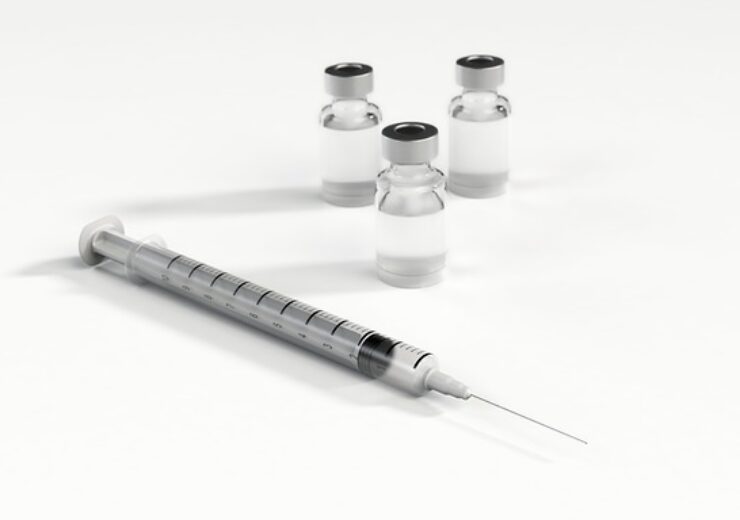TZIELD is an anti-CD3-directed antibody, indicated for administration as a once-daily intravenous infusion for 14 days, to delay the onset of Stage 3 T1D in adults and children aged eight years and older, currently with stage 2 T1D

Provention Bio’s diabetes delay drug approved in the US. (Credit: Arek Socha from Pixabay)
US-based biopharmaceutical company Provention Bio has received the US Food and Drug Administration (FDA) approval for TZIELD (teplizumab-mzwv) to treat type 1 diabetes (T1D).
TZIELD is an anti-CD3-directed antibody, indicated for delaying the onset of Stage 3 T1D in adults and children aged eight years and older, currently with stage 2 T1D.
The drug is offered as a sterile, preservative-free, clear, and colourless solution in a 2mg/2mL (1mg/mL) single-dose vial for intravenous injection use.
It is said to be the first and only immunomodulatory treatment for the treatment of T1D and is administered as a once-daily intravenous infusion for 14 consecutive days.
Provention Bio co-founder and CEO Ashleigh Palmer said: “This is a historic occasion for the T1D community and a paradigm-shifting breakthrough for individuals aged eight years and older with Stage 2 T1D who now have a therapy approved by the FDA to delay the onset of Stage 3 disease.
“It cannot be emphasised enough how precious a delay in the onset of Stage 3 T1D can be from a patient and family perspective; more time to live without and, when necessary, prepare for the burdens, complications and risks associated with Stage 3 disease.
“We would especially like to acknowledge and thank all the researchers, scientists, developers, and investigators, especially TrialNet and NIDDK; all the clinical trial participants and their families; the FDA and its reviewers; and JDRF and other patient advocacy groups and champions.”
The FDA approval for TZIELD is based on results from the TN-10, a randomised, double-blind, event-driven, placebo-controlled clinical study in 76 patients aged 8 to 49.
The study participants receive a 14 days course of either teplizumab or a placebo.
In the TN-10 study, Stage 3 T1D was diagnosed in 20 participants who were treated with TZIELD, and in 23 patients who were treated with a placebo.
Time from randomisation to development of Stage 3 T1D diagnosis is the primary efficacy endpoint of the study, and a cox proportional hazards model was used to analyse the time to Stage 3 T1D diagnosis.
The most common adverse reactions during treatment and 28 days after the last study of drug administration include lymphopenia, rash, leukopenia, and headache.
Provention Bio has launched COMPASS, a patient support program to help navigate coverage, reimbursement and access for patients that are prescribed TZIELD.
The company is also providing financial assistance to eligible patients.
Last month, Provention Bio has announced a co-promotion agreement with French pharmaceutical company Sanofi, for the US launch of TZIELD.
Sanofi US general medicines head Olivier Bogillot said: “We applaud Provention Bio for its unwavering determination to bring the first ever disease-modifying therapy for T1D to patients.
“We look forward to leveraging Sanofi’s established infrastructure and expertise in endocrinology to deliver for individuals in need across the US.”
